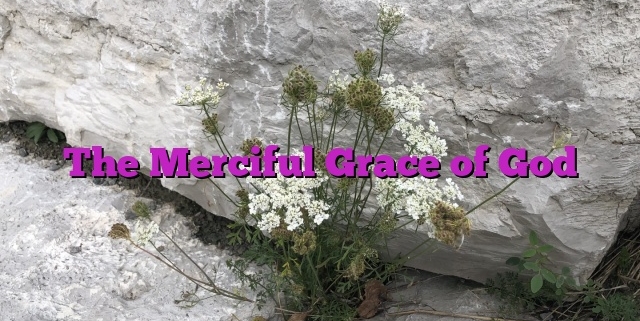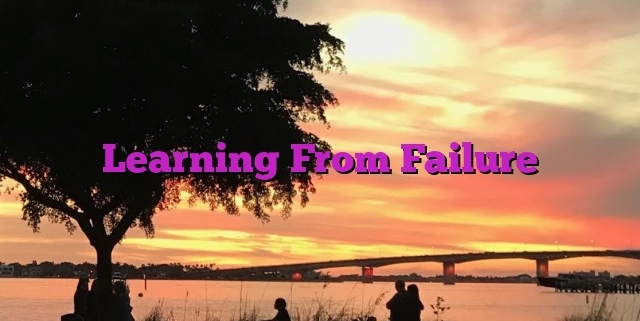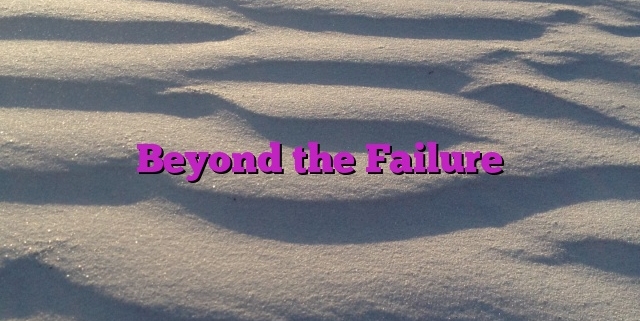Forgiveness Button
Today’s message was written by the founder of Dial Hope, the Rev. Roger Kunkel
Friend of Dial Hope, I have a small calculator on my desk which I use to figure out my finances and store personal data for ready reference. It’s amazing how much information can be typed into the memory factors of this mechanical brain. On the left side of the keyboard is a powerful button. It is called the clear button. When I make a mistake, a touch of the clear button and it is eliminated immediately. Each time I use this calculator I am reminded of how much it’s like the brain. It has the capacity to store good and bad memories. How often I wish I had a clear button to press to immediately correct my mistakes, or that I had the capacity to bring up old memories that disturb me and have them taken away, never to be thought about again. Then, as I contemplate how wonderful that would be, I am reminded how the Lord has built into us a “clear” button. It’s called forgiveness. When we accept his forgiveness, we can forgive ourselves, and then, out of the assurance of that grace, forgive others. Today, friend of Dial Hope, press the forgiveness button – now!
Let us pray: Into the clutter of our everyday lives, O Lord, you come with your heavenly order: into the weakness, you come with your strength; into the sin, you come with your holiness. Give us the grace to receive you now, to open the doors of our beings and invite you in, not just over the threshold but into the innermost parts, the upper rooms and lower rooms, the nooks and crannies, and closets. Dwell in us, O Lord, that we may glow this day with your light and pulsate with your presence. Help us to make this day a masterpiece as we rejoice in hope, in Jesus’ name. Amen.













